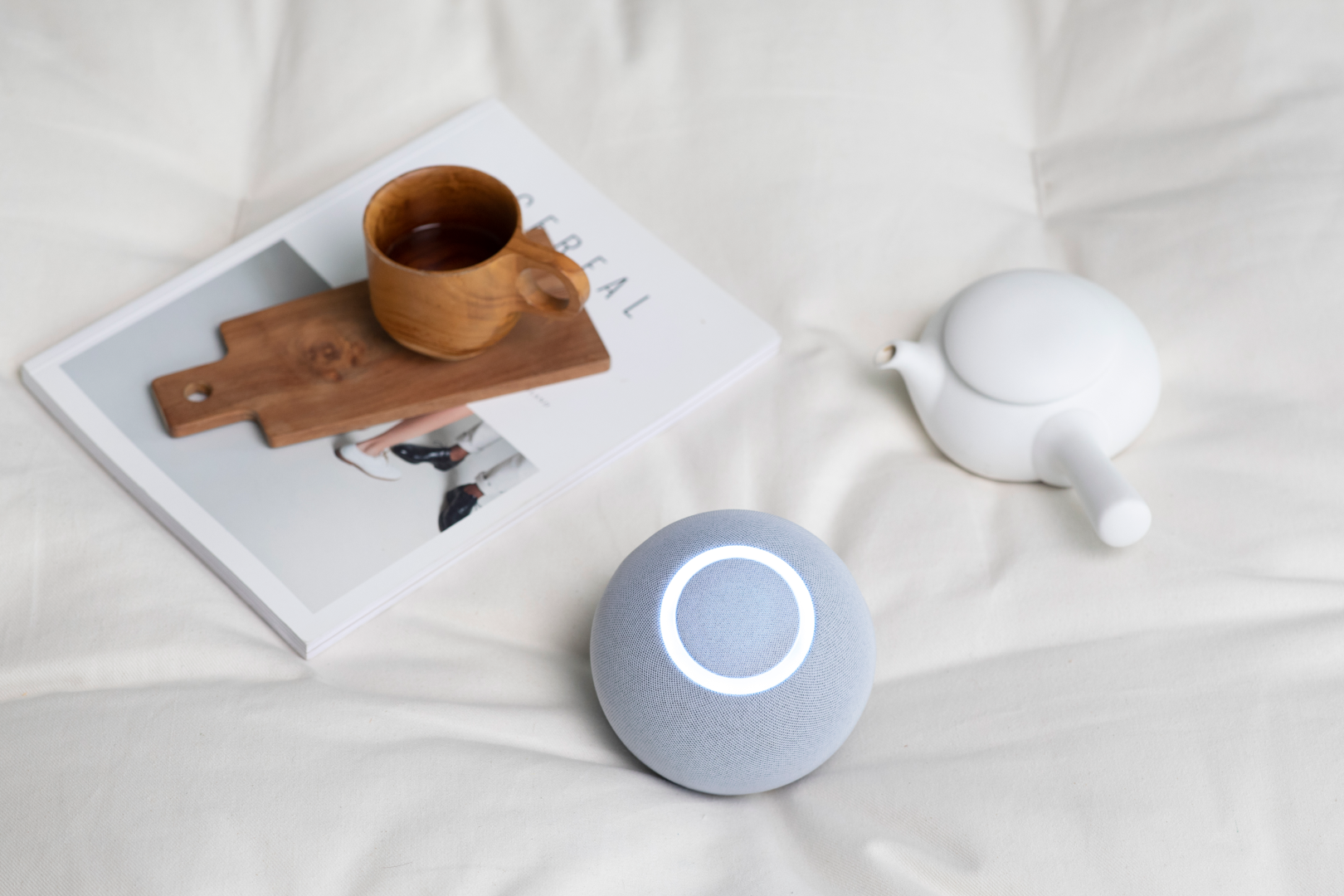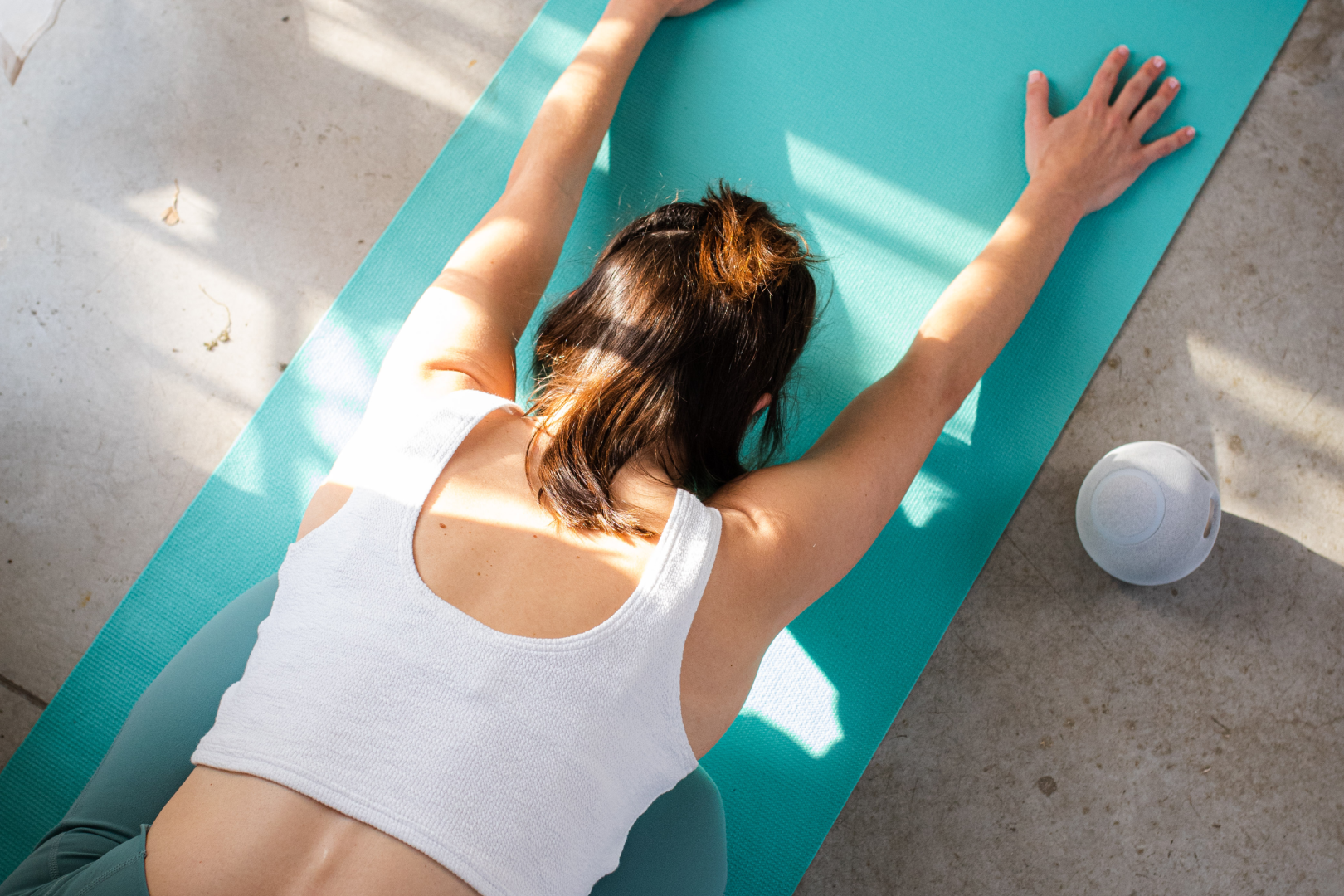Everyone is talking about “mental health”.
Everywhere you turn, there is another social media post, Instagram story or YouTube Short about the importance of stress management and mental wellness.
Of course, life can be complicated, messy, and challenging. Many people are looking for concrete ways to improve mental well-being, without unduly disrupting their busy day-to-day routine.
Beyond the inspirational clips that come up in your feed, what is the best way to ensure you are supporting mental health? What you can easily incorporate into your lifestyle? Here are 10 practical stat are self-care strategies to promote well-being to get you started:
Spend time in nature
Have you ever noticed how much better you feel when you walk barefoot on the grass, hear the waves roll in on the beach, or even just look at flowers in bloom? Reconnecting with nature is one of the most powerful and accessible ways to well-being. There is ample research showing that being in nature can boost cognitive function, promote relaxation, and improve one’s sense of happiness.
Start by spending time in natural settings, like the local park or even your own garden. Instead of drinking your morning coffee in the kitchen, sit outside and pay attention to the trees swaying in the breeze. If you are lucky enough to live in an area that is close to national parks or forests, go for a walk or hike on weekends.
Engage your senses: listen to bird songs, feel the earth beneath your feet, and breathe in the fresh air. Even just spending 10 minutes outside every day can work wonders, especially if you go outdoors first thing in the morning, immediately after you wake up.
Learn about your inner world
Getting in touch with our emotions is a crucial part of mental health. The better we know ourselves, the more equipped we are to stay connected and cope with situations as they arise. Self-awareness is the first step to learning about your inner world. Identify triggers and patterns, so you can understand what prompts certain feelings and reactions.
Here’s a quick exercise you can try: Make sure you are alone and won’t be disturbed. Choose a song that you know brings up certain emotions in you, and play it on your phone or computer. Listen closely to the lyrics and the melody and focus on what you are thinking and feeling. Notice what arises in you, and why. Write down your reactions.
You can try this technique with a book, poem, or movie too. It’s a great way to get to know and appreciate your unique inner world, and why you feel the way you do. While this exercise might seem difficult at first, over time it will become easier to identify and express your reactions and emotions.
Mind your usage of drugs and/or alcohol
While drinking socially is an accepted behavior, the reasons why people turn to alcohol and drugs can be deeper than just a casual indulgence. For many, these substances become a crutch, providing opportunities to numb difficult feelings and avoid dealing with life’s problems. Being aware of drug and alcohol use, understanding the reasons why you use them, and sticking to moderate and healthy levels are key aspects of good mental health.
Start by acknowledging the potential harm of drugs and alcohol, and then honestly consider your relationship with them. Reducing or eliminating excessive consumption will help you achieve clarity of thought and emotional stability. If you need to, seek support through counseling, support groups, or professional treatment if dependence is a concern.
Get the best sleep possible
Wouldn’t it be amazing to wake up every morning feeling completely refreshed and rested? Back in the real world, most people struggle from time to time with sleep. Eating too close to bedtime, waking up during the night because of a stuffy nose, or finding it hard to unwind after a stressful day – these are all normal obstacles that can and do disrupt sleep.
The trick to enhancing mental well-being is by aiming to get the best sleep possible, given the circumstances. Prioritize a consistent sleep schedule, aiming for 7 to 9 hours of sleep every night. However, don’t get stressed if you have a late night because your friend is in town and you want to spend time with her; life is meant to be enjoyed! Rather, focus on the habits you can do to improve sleep quality overall.
For example, limit screen time before bed. Turn off that phone and pick up a book instead! Don’t drink caffeine in the afternoon or evening, and make sure your mattress and pillow have the right firmness. Be proactive about the things you can change, and you’ll be getting the best possible sleep, whatever is happening in your schedule.
Eat healthily
They say “you are what you eat”, and it’s true. The food we eat directly influences mental well-being. For example, consuming too much sugar causes blood sugar levels to fluctuate. This leads to the notorious “sugar high”, when one feels over-excited and hyperactive, followed by a “low”, when blood sugar drops rapidly, causing tiredness and irritability.
On the other hand, a diet rich in omega-3 fatty acids, found in walnuts and fatty fish like salmon, is known to reduce depression and anxiety symptoms. Antioxidant-rich foods, such as berries and leafy greens, have numerous health benefits, including reducing oxidative stress, which helps to promote mental clarity.
Recent research also points to the incredible fact that the brain has direct physical and biochemical contact with the digestive system. Feeding the body with healthy, nutritious foods promotes a healthy gut microbiome and enhances the gut-brain connection.
In short, a balanced diet rich in whole grains, fruits, vegetables, lean proteins, and healthy fats provides essential nutrients that support mood regulation and mental well-being. Eating healthily should be the first line of action for good mental health.
Biofeedback
Biofeedback is a very helpful and accessible tool for improving mental health and does not necessarily require going to a clinic or therapist. With the Reflect biofeedback at-home device, you can incorporate biofeedback into your everyday routine and get positive mental benefits without leaving home.
During biofeedback, the individual is connected to a monitoring device that tracks and displays their physiological changes in real-time. With Reflect, you don’t need any sensors applied to the body; just place your hands on the Orb, and heart rate and other physiological markers are tracked through the skin.
In the biofeedback session, practice techniques like deep breathing, meditation, or progressive muscle relaxation, and see how the body responds. Over time, you can use these or other relaxation techniques to influence the physiological feedback, promote relaxation, and reduce anxiety. With biofeedback, you take an active role in managing your mental health, promoting a sense of calm and control.
Keep moving
Have you ever noticed yourself tapping your foot rapidly on the floor during a stressful meeting? That’s your subconscious at work, getting you to move and release the buildup of negative, stressful energy without even noticing it. You can actively dispel stress and tension by making a conscious effort to move.
When you are feeling overwhelmed, go for a brisk walk. Set a schedule to exercise regularly with activities you enjoy, whether it's walking, dancing, or practicing yoga. Incorporate movement into your daily routine, like taking the stairs or going for short walks during breaks. This will help you maintain mental well-being even during times of stress.
Be curious and open-minded to new experiences
Mental well-being is about growth, extending your limits to become more than what you are today. Good mental health means solving problems and swapping bad habits for good habits. Part of a healthy emotional life means taking calculated risks that are necessary to learn and reach your potential. To do all that, you need to be curious and open-minded to new experiences, new people, and new ideas.
Learning is not something that finishes when you leave school. Learning is a lifelong endeavor. People who are curious and open-minded will actively seek out new knowledge and new skills, fueling intellectual and emotional growth, and preventing the inertia that is characteristic of anxiety and depression.
By exposing yourself to different perspectives and challenging your own beliefs, you can also build empathy, tolerance, and adaptability, which are crucial for navigating life's challenges and for deepening your relationship with others and with the world around you.
Curiosity also encourages problem-solving and creativity, giving a sense of purpose and accomplishment. Try out new hobbies, or enroll in a course or workshop about a topic that excites you. Turn off the TV and engage in stimulating conversations with friends, or read a book on a subject you’ve never explored before. Curiosity comes in all shapes and sizes; write a bucket list of the top 10 things you are interested in doing, and get started! You’ll soon see how this can significantly improve mental health.
Overcome perfectionism
Learning to leave perfectionism behind is a crucial step in achieving good mental health. Why? Because there is no such thing as “perfect”. We are all on a journey of growth and discovery. In trying to be perfect, we are aiming for an impossible goal, and are dooming ourselves to failure.
A smarter approach is to set achievable goals that take you closer to who and where you would like to be. Rather than striving for perfectionism, focus on your potential to improve a little bit every day. For example, let’s say you have difficulty maintaining social connections. Instead of trying to be the perfect friend, make a small effort every day to build stronger friendships.
Call up a friend you’d like to get to know better and invite them over for a coffee. Join a volunteering group and connect with people over a shared cause. Set milestones and celebrate small victories; this is a much better path to mental well-being than trying to be perfect all the time.
Mindfulness
Mindfulness is a mind-body practice with roots in the ancient East. For thousands of years, people have used mindfulness to become more self-aware, learn to live fully in the present, and create a more balanced perspective.
During mindfulness, the individual focuses on the thoughts, feelings, and bodily sensations that arise, accepting them without judgment, and learning to experience them without resistance or fear. Over time, mindfulness practice is excellent for emotional regulation and is one of the most effective techniques for how to improve your mental wellbeing. A few minutes a day is all it takes.
Start by setting aside dedicated time for mindfulness practice, ideally daily. Even just 10 minutes a day is enough to reap the benefits. Focus on your breath, on a particular sensation, or a certain visual point, grounding yourself in the here and now. When you feel your mind start to wander, simply bring your mind back to the point of focus.
You can even incorporate mindfulness into daily activities like eating, walking, or washing dishes. These moments of presence foster greater appreciation and reduce mental clutter. With long-term practice, it will become easier to focus the mind on the present and achieve the sense of mental wellbeing that mindfulness can bring.
Remember that self-care is important
Taking the time for self-care replenishes your emotional and physical reserves, enabling you to better cope with life's challenges. It's a practice of prioritizing your needs and nurturing self-compassion. When you engage in self-care, you reduce stress, prevent burnout, and improve your mental wellbeing.
Whether it's meditation, exercise, hobbies, or simply a change of attitude, focusing on self-care reminds you that your well-being matters, so you can build a healthier relationship with yourself and others. Try the 10 ideas above for how to improve well-being and start taking the best possible care of yourself, even during your busy schedule. Then you’ll be paving a clear path to mental wellness.






